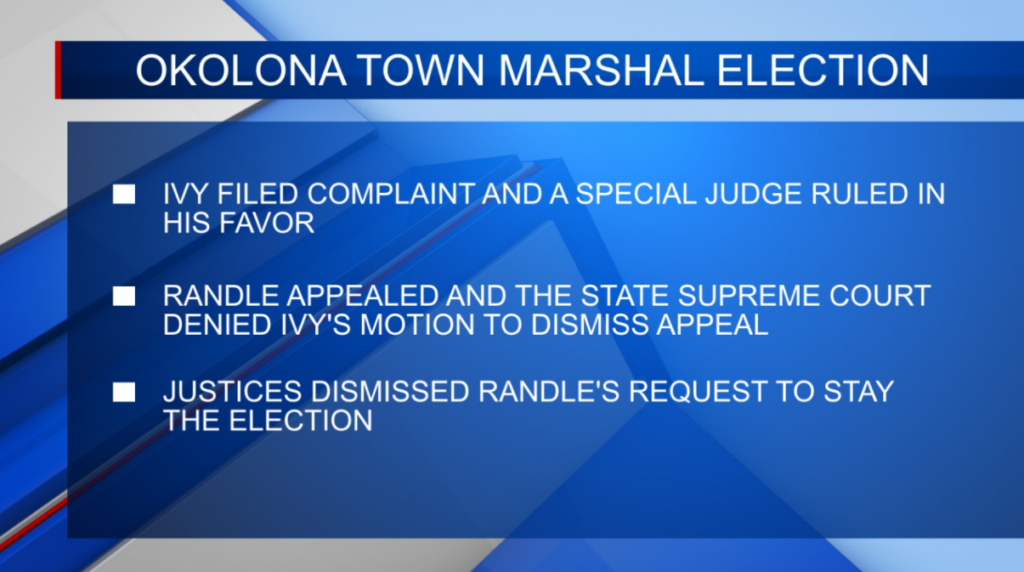Mississippi seeks to derail federal suits over mental health
JACKSON, Miss. (AP) — The U.S. Justice Department overreached in suing Mississippi over its mental health system, the state’s solicitor general has argued to a federal appeals court.
A Justice Department attorney countered that there’s ample precedent to show the department has the power to enforce the Americans with Disabilities Act.
A three-judge panel of the 5th U.S. Circuit Court of Appeals heard arguments Wednesday in New Orleans. The Northeast Mississippi Daily Journal reported that judges on the conservative court appeared receptive to limiting the Justice Department’s role.
A ruling against the department could ultimately push the issue to the U.S. Supreme Court in a case that could have nationwide implications.
The federal government issued a letter in 2011 saying Mississippi had done too little to provide mental health services outside mental hospitals.
The Justice Department sued Mississippi in 2016.
U.S. District Judge Carlton Reeves ruled in 2019 that Mississippi had violated the ADA by having inadequate resources in communities to treat people with mental illnesses.
Evidence showed people were repeatedly admitted to state hospitals for lengthy stays, only to later return to the hospitals without long-term improvement.
Mississippi Solicitor General Scott Stewart — the same attorney who argued an abortion case before the U.S. Supreme Court that overturned Roe v. Wade — told the appeals panel Wednesday that since Reeves’ ruling, the state has improved its mental health system. Stewart said limiting the federal government’s ability to intervene is important because lawsuits can cost states thousands of dollars.
“The state asks the court to hold the United States to account and order them to follow the law,” Stewart said.
Judges largely asked Stewart questions about why he believes the Justice Department lacks standing. Some judges indicated empathy toward people with mental illness.
“There’s an argument to be made that these people have difficulty defending their rights,” Judge James Ho said. “I guess your argument is that’s for Congress to decide?”
“It is, your honor,” Stewart answered.
Justice Department attorney Anna Baldwin argued that if the appeals courts erase the federal government’s right to intervene, that would “blow up everything.”
“It’s well established that the government has the authority to enforce the ADA,” Baldwin said.
The judges did not indicate when they would rule.
A court-appointed monitor, Dr. Michael Hogan, has said Mississippi is only partially complying with Judge Reeves’ order. He has said about 25 people with mental illness each day are sitting in jails until they can receive adequate treatment and there’s a lack of coordination among hospitals and community centers.
Reeves last year appointed Hogan and ordered Mississippi to comply with the monitor’s demands. The state only appealed portions of that order, but the appeal has now largely evolved into a question over whether the Justice Department can sue under the ADA.
If the judges ultimately decide the answer is no, such a ruling would create a split with another federal appeals court and potentially force the U.S. Supreme Court to provide the final answer to the question.
The 11th Circuit Court of Appeals ruled in a Florida case that the Justice Department has a clear right to sue under the ADA. Florida appealed to the U.S. Supreme Court, but justices declined to hear the case.
For 24/7 news and updates, follow us on Facebook and Twitter




